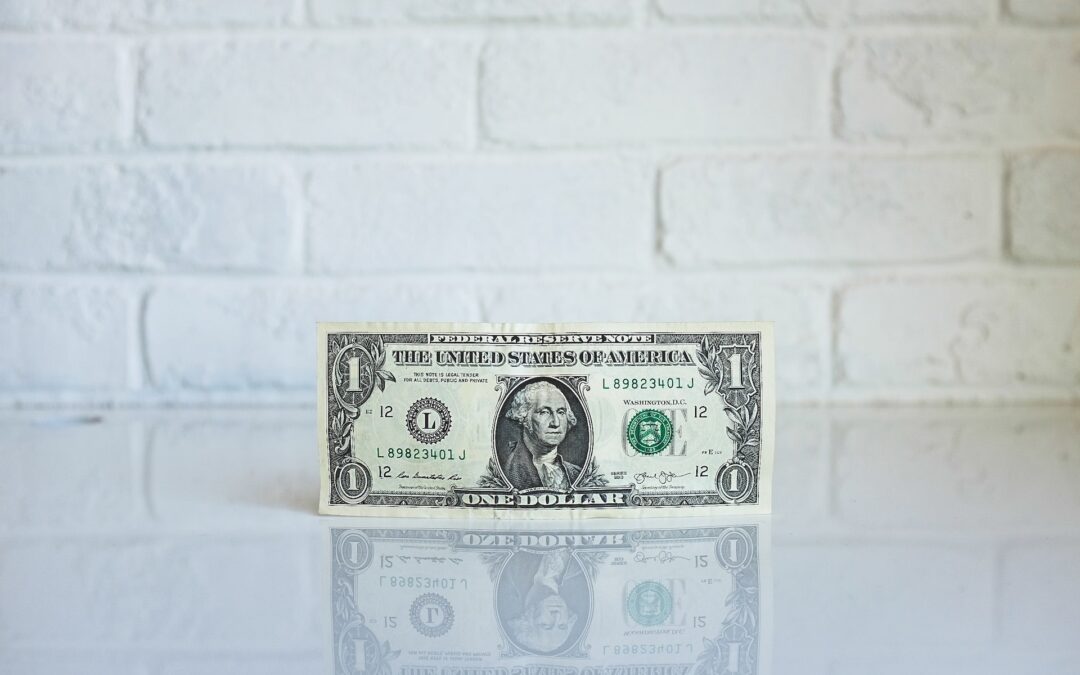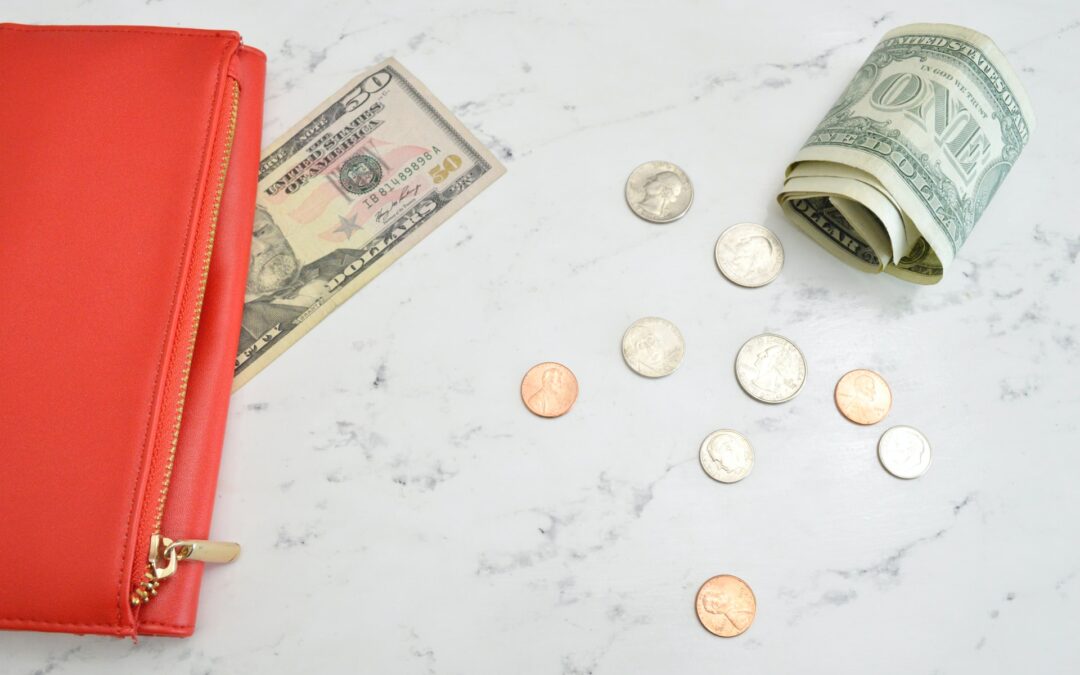Nearly everyone has tried to lose weight. It’s an annoying process where we have to be extra critical of our food intake and watch what we eat and drink each day. Along with that, we have to take extra steps, sometimes literally, by exercising to burn more calories so that we lose more weight. This is the traditional and most proven way to drop weight and it works for most people. However, there’s one issue that comes with it, it requires a lot of work. That’s why so many of us fail at diets and losing weight.
Managing your debt can be similar to managing your weight. What’s easier to do, stay home and make a healthy dinner on Saturday night or go out to your favorite restaurant and have your favorite meal with a couple of drinks? However, while it’s nice to indulge here and there, over indulging can actually lead to an increase in our weight, and our debt.
How Low Debt Can Help You
While there are plenty of reasons why we can easily and quickly fall into debt, the debt we are most concerned about is the one that comes with high interest rates. Credit cards are the leading example of this for most people, but all debt is something we want to learn how to manage. If you can keep your debt low it means you are keeping your monthly costs lower, even if it’s just by not paying interest. You also are benefiting from the fact that you can easily borrow money whenever you need it, giving you an advantage in the real estate market and other areas of investing.
How To Lower Your Debt
Just like with your weight, you want to find ways to lower and also manage your debt. You need to be able to consider the commitment it takes and while it is a day-to-day thing, you need to have it on your mind with nearly every decision you make whether it’s long-term or short-term. That pizza today is just pounds and dollars you will have to work off in the future. Here’s how many recommend you manage and cut your debt down:
- Cut expenses: There may seem to be a lot of obvious options here, but it’s important to understand that not everyone understands the same aspects of finance. Also, if something’s that obvious and you’re not doing it, who are you to brag? Anyways, you need to seriously look at how to cut your expenses. Maybe eat at home a couple more nights a week, skip one big event for now or something that can help you in any way to save up. Remember, this is about commitment.
- Make more money: One of the things people literally overlook in these situations is the benefit of just making a little more money. By delivering groceries one weekend a month, you could make enough extra money to pay off a credit card within a year.
- Refinance: It’s important to look at your options with the lender. While they want to make money off of you, they do want to make the loan affordable for you as well, otherwise you can’t afford to keep paying it. There may be options based on the amount you owe, current interest rates or something else that can help you cut down the costs.
- Take out a loan: Have you heard of a personal loan? So, there are other lenders who will pay off your credit card and you can pay them back, at a lower rate.
- Stretch it out: Often, when people are concerned about cutting down their debt they are dealing with expensive monthly payments. This goes along with the ideal of consolidation with a personal loan, but also is effective for anyone who has taken a short-term loan in real estate or to purchase a car. If you can extend the years on the loan, you can make the monthly payments smaller and therefore be able to either pay them off sooner or focus your freed money on other areas.
- Pay a little extra: Monthly payments are manageable ways to pay off a loan. However, what many are not aware of is that by paying a bit more each month, you not only pay more towards the priciple, but you also may be giving your credit score an extra boost.
- Save up: If the amount you are paying is manageable along with your other expenses, it’s never a bad idea to save up. Yes, you are still paying interest but if you can save up $5,000 you have options that you would otherwise not have.
- Stop adding to it: One mistake we constantly make when we are focusing on debt or diets is that we have to have our little indulgences. Yes, we want to go to our favorite restaurant for our favorite meal but does it have to end up being 10,000 calories and $100? This is why you have to stay lean until your numbers are down far enough where you want them to be.
- Moderation: Be smart with your indulgences. Lean does not mean absolutely delete things you enjoy. Maybe you get your favorite dish once a month. But you pick it up to go and you eat at home where your drinks are substantially much cheaper. Even if this saves you $50, it’s saving you $600 over the entire year.
We have to understand and appreciate the long-term impact even the small numbers can have when it comes to reducing debt. If you can manage your spending and also pay a bit more, it has a double effect that benefits your efforts. Commitment to your strategy and plan will determine what works and what does not.




